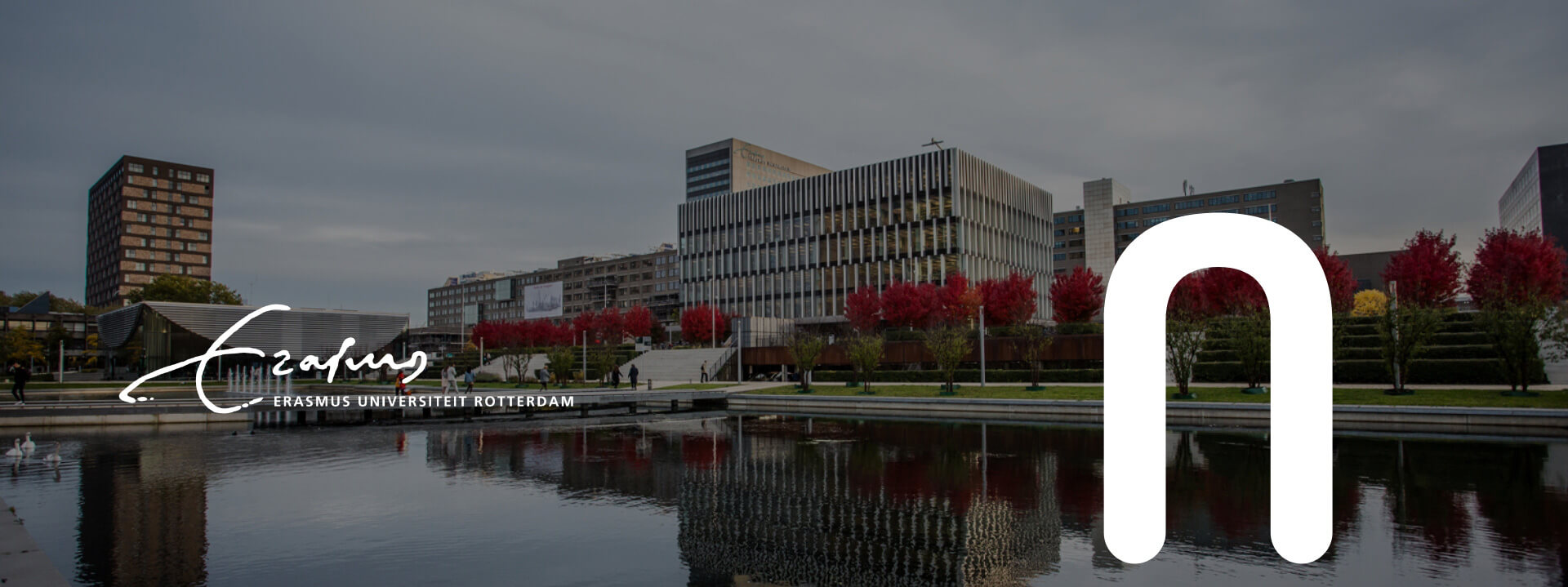Erasmus University Rotterdam brings a number of aims and activities that are directly relevant to the activities of the UNIC:
- EUR Diversity and Inclusion Office. EUR strongly feels that Diversity and Inclusion provides added value to any organisation. Our dedicated Diversity and Inclusion Office has experience with a comprehensive review of research to identify challenges that need to be addressed and also to identify best practices in the area of diversity and inclusion. The key factor is reaching a collective responsibility for, and understanding of, diversity and inclusion.
- Close Partnership with the City. Erasmus University Rotterdam has developed a very close partnership with the City of Rotterdam. This has already led to the establishment of various Urban Knowledge Labs. UNIC CityLabs are based on the Urban Knowledge Labs.
- Leadership of IMISCOE, the largest European network of scholars in the area of migration and integration. EUR is coordinating the IMISCOE Research Network. This provides EUR with access to an almost unlimited pool of academic research and expertise on migration and integration. Models of practise and experiences will be directly shared and opened up to a larger research network. This is a clear added value for the UNIC University
- Focus on societal impact. EUR has as its official university mission to create ‘positive societal impact.’ It is also developing a Design School that should become one of the world’s leading institutes on how to have ‘impact by design’, as a part of research as well as teaching.
- Educational innovation. EUR has been organizing numerous activities to boost innovation in education. It has established Learning & Innovation teams in all EUR Faculties and has launched a masterplan to converge on impact and education.
- Membership of various European innovation platforms. EUR is a member of numerous European platforms that give access to new ideas and instruments, as well as to provide platforms for dissemination of the models of practice that UNIC seeks to establish. This includes the European Association of Social Sciences and Humanities Universities, the European Universities Association, the European Universities Foundation and COIL (Collaborative Online International Learning).
Last but not least Erasmus University Rotterdam has been very active in the Erasmus + program and is involved in more than 20 Erasmus + projects (Knowledge Alliance, Jean Monnet, Mobility, Strategic Partnership, Sport) and wants to further disseminate and use the knowledge and expertise gathered in the European University. The extensive knowledge and expertise in the coordination, management, dissemination and sustainability of Erasmus + and other EU funded projects will be used by Erasmus University Rotterdam in the management and communication activities of the UNIC institution.





